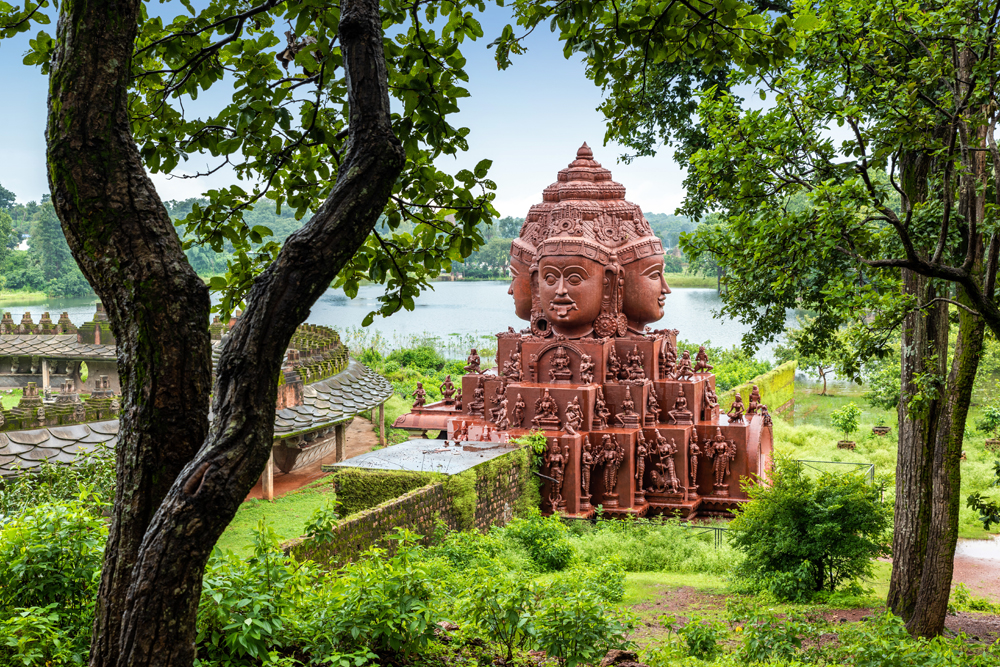

Amarkantak, located in the Anuppur district of Madhya Pradesh, India, is often deemed a pilgrim paradise. Nestled amidst the lush greenery of the Vindhya and Satpura mountain ranges, it serves as the source of the holy rivers Narmada and Sone. Over the years, Amarkantak has evolved from a serene pilgrimage site to a well-recognized tourist destination, attracting visitors for both spiritual and natural splendor.
The history of tourism in Amarkantak is closely intertwined with its religious significance. Since ancient times, this tranquil town has been venerated due to its connection with mythical legends and Hindu scriptures. Pilgrims have been visiting this sacred confluence for centuries to bathe in the pure waters, which are believed to cleanse the soul. The construction of several temples throughout time marked the beginning of structured pilgrimages, thereby setting the precedent for tourism in Amarkantak.
Amarkantak is home to a series of temples, most notably the Narmada Udgam Temple, which is believed to mark the source of the Narmada River. This temple, along with ancient shrines like the Ancient Temples of Kalachuri Period and the Mai Ki Bagiya (Goddess Garden), has drawn devotees and history enthusiasts alike. A significant increase in tourism was observed post the architectural and archaeological explorations done by the ASI (Archaeological Survey of India), which further highlighted the cultural importance of Amarkantak.
The development of infrastructure such as better roads, improved accommodation facilities, and the establishment of tourism information centers further bolstered the growth of tourism in the area. The introduction of religious festivals and events organized by the local authorities contributed to Amarkantak becoming more accessible and inviting to visitors from all over the world.
Besides religious tourism, the natural beauty of Amarkantak has also been pivotal in attracting nature lovers and environmental enthusiasts. The region's dense forests, cascading waterfalls, and the Kapil Dhara and Dugdh Dhara falls further contribute to the tourism uplift of Amarkantak.
Today, Amarkantak is witnessing a new wave of eco-tourism intertwined with wellness travel. Visitors come here to partake in yoga and meditation retreats, seeking a holistic experience in a tranquil environment. The conservation efforts are also becoming a part of the tourist experience, with many educational tours dedicated to understanding the region's biodiversity and conservation challenges.
A significant trend in the local tourism industry is the homestay movement, where travelers opt to stay with local families instead of traditional hotel accommodations. This allows them a deeper cultural immersion and an opportunity to support the local economy directly.
Cultural festivals such as Narmada Jayanti and Shivaratri Mela continue to be big draws, infusing a festive atmosphere and boosting local tourism each year. These events showcase the region's rich traditions, dance, music, and culinary delights and are increasingly being marketed to attract cultural aficionados from across the globe.
The local government and various NGOs are working towards promoting sustainable tourism in Amarkantak. Efforts include the preservation of the natural and cultural heritage of the area while ensuring that tourism development does not undermine its ecological balance.
In conclusion, Amarkantak's rich tapestry of spirituality, nature, and culture continues to evolve, drawing visitors for its manifold attractions while steadily reinforcing its place on India's tourism map.